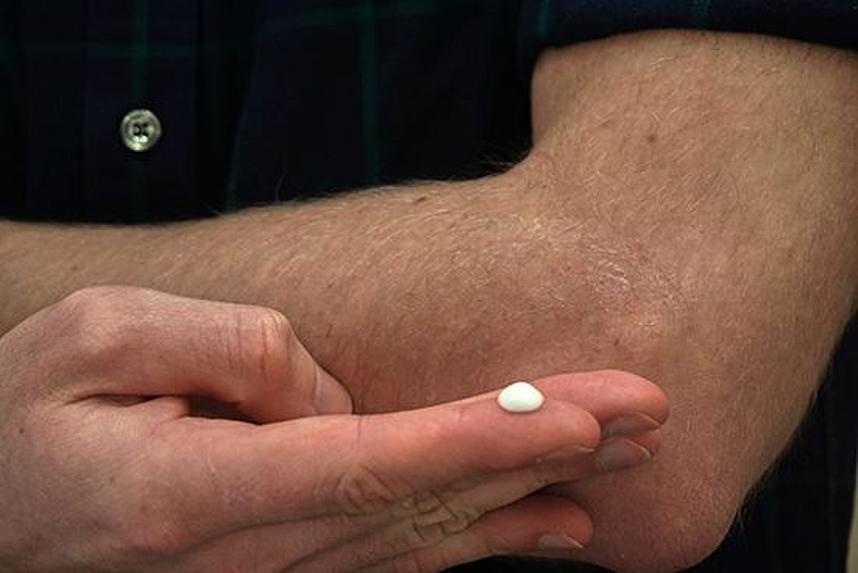Why does skin get itchy in the winter?
During winter, low humidity outside and warm, dry air inside combine to deplete your skin of water and natural lipids. What results is rough, dull and sometimes flakey skin in which fine cracks resembling a dry lake bed may form.
What is winter itch?
Dry skin commonly produces itching, which can range from mild to severe and interfere with many daily activities. Itching usually incites rubbing or scratching which can then produce thickened and irritated skin. Dry skin and scratching may also result in a dermatitis that inflames the skin — or becomes red.
Steps to prevent winter skin problems
There are ways to prevent winter itch and make it more manageable. We’ve compiled this this list of helpful tips to keep your skin fresh, soft and healthy during winter.
1. Change your cleansing routine
To help prevent dry skin and winter itch, steer clear of using hot water in the shower or tub, which robs the skin of essential moisture. Hot water and soaps can also strip the lipids (natural oils) from the skin and worsen skin dryness — contrary to what some people think. To keep your skin healthy and prevent winter itch, use only lukewarm water, limit your time in the shower or tub to 10 minutes or less and shower or bathe only once a day. Additionally, only wash your face, underarms, groin and feet with a mild cleanser and then simply run water over the remaining skin. After bathing or showering, pat your skin partially dry with a towel — do not rub or wipe.
2. Moisturize often
Stock up on moisturizers to last the cold depths of winter. Immediately after getting out of the tub or shower, apply a moisturizer while your skin is still damp. Vanicream™ Moisturizing Cream and Vanicream™ Moisturizing Ointment have both been formulated for dry, sensitive skin. Itchy skin can become sensitive to common chemicals that are known to be irritating, such as fragrances. Make sure you re-apply a moisturizer throughout the day as needed to areas prone to dryness, such as your hands, arms and legs — and then moisturize again before going to bed at night.
3. Avoid scratching itchy skin
Scratching dry skin leads to more itching. Use a cream that contains hydrocortisone to temporarily relieve the itch associated with minor skin irritations, inflammation, and rashes due to conditions such as eczema, psoriasis, and seborrheic dermatitis.
4. Choose friendly fabrics to avoid skin irritation
When selecting clothes, pay close attention to the fabrics that come in contact with your skin. Natural fibers, such as cotton, allow your skin to breathe. But, keep in mind, not all natural fibers are friendly. Wool — although also natural — may promote or irritate itchy skin. Read more about the best fabrics for itchy skin from the National Eczema Society.
5. Avoid harsh skin care ingredients
Dry skin is a long-term problem that reoccurs frequently, especially during winter. Start your winter skin care routine by using a mild soap or cleanser and a good, high-quality moisturizer as soon as you notice your skin getting dry. Also, look for skin care products that are free of common chemicals that may irritate sensitive skin.
See a doctor
Dry skin is sick skin. If you have chronic dry skin or an associated dermatitis — such as eczema — see a dermatologist or family physician for treatment.
